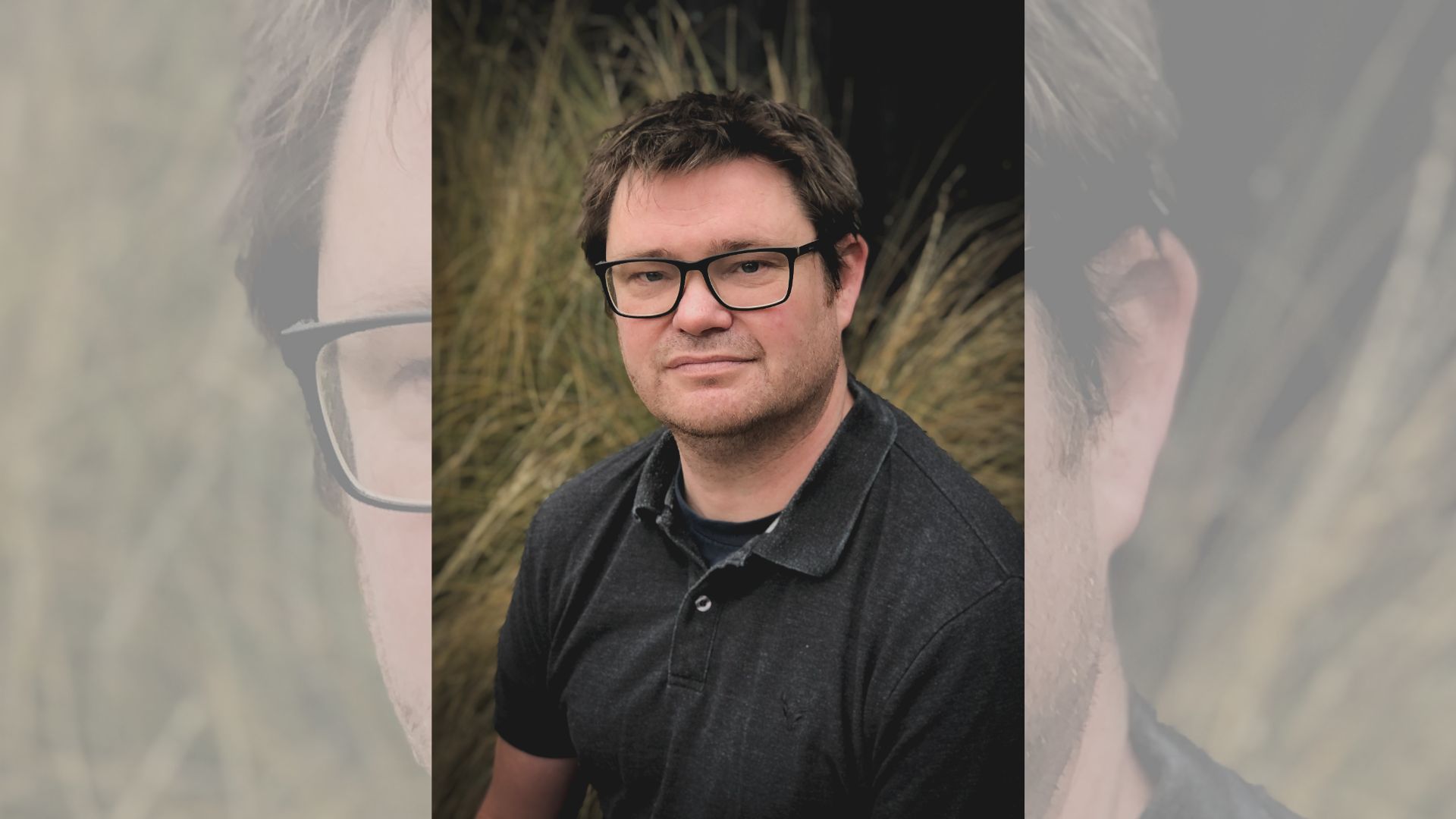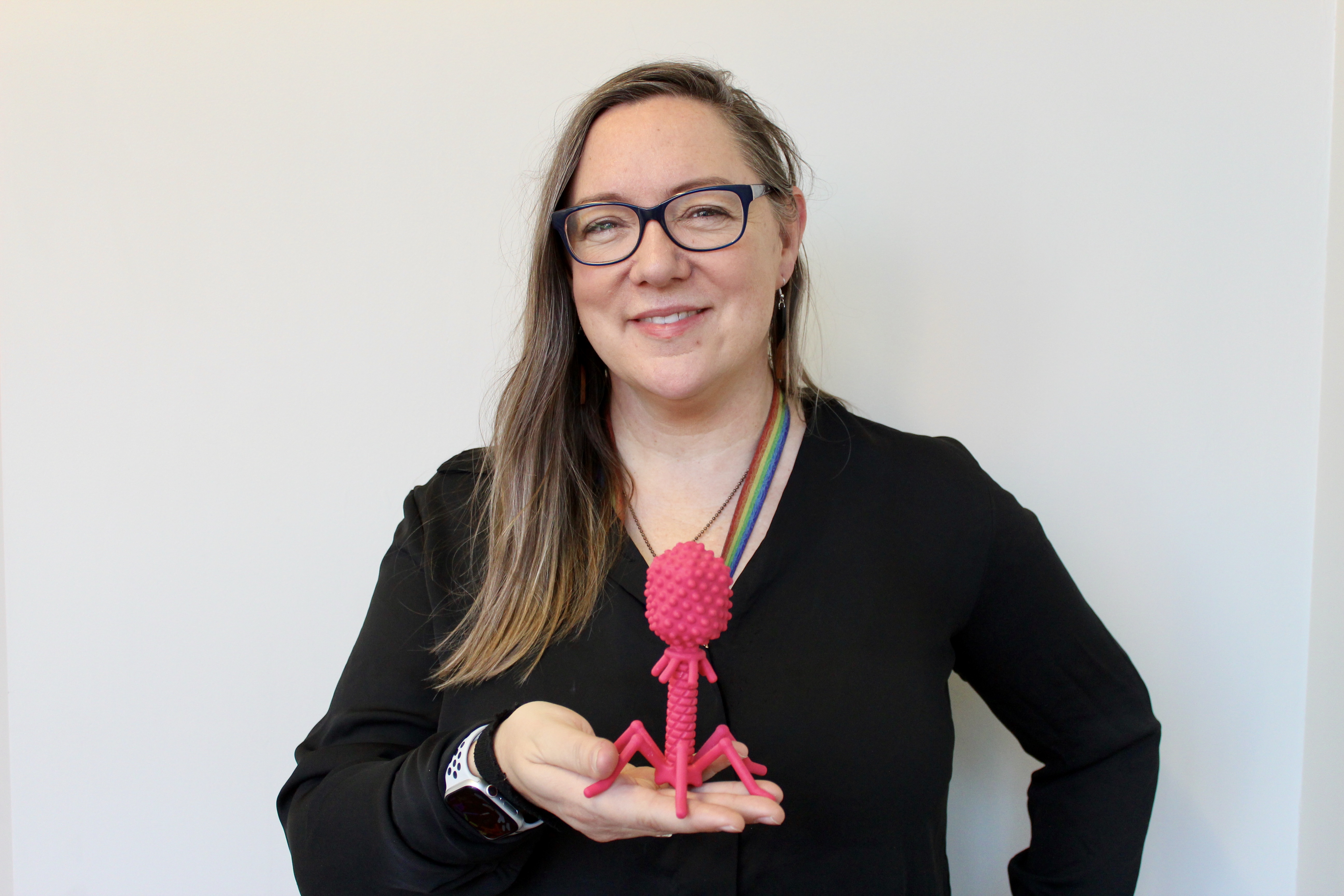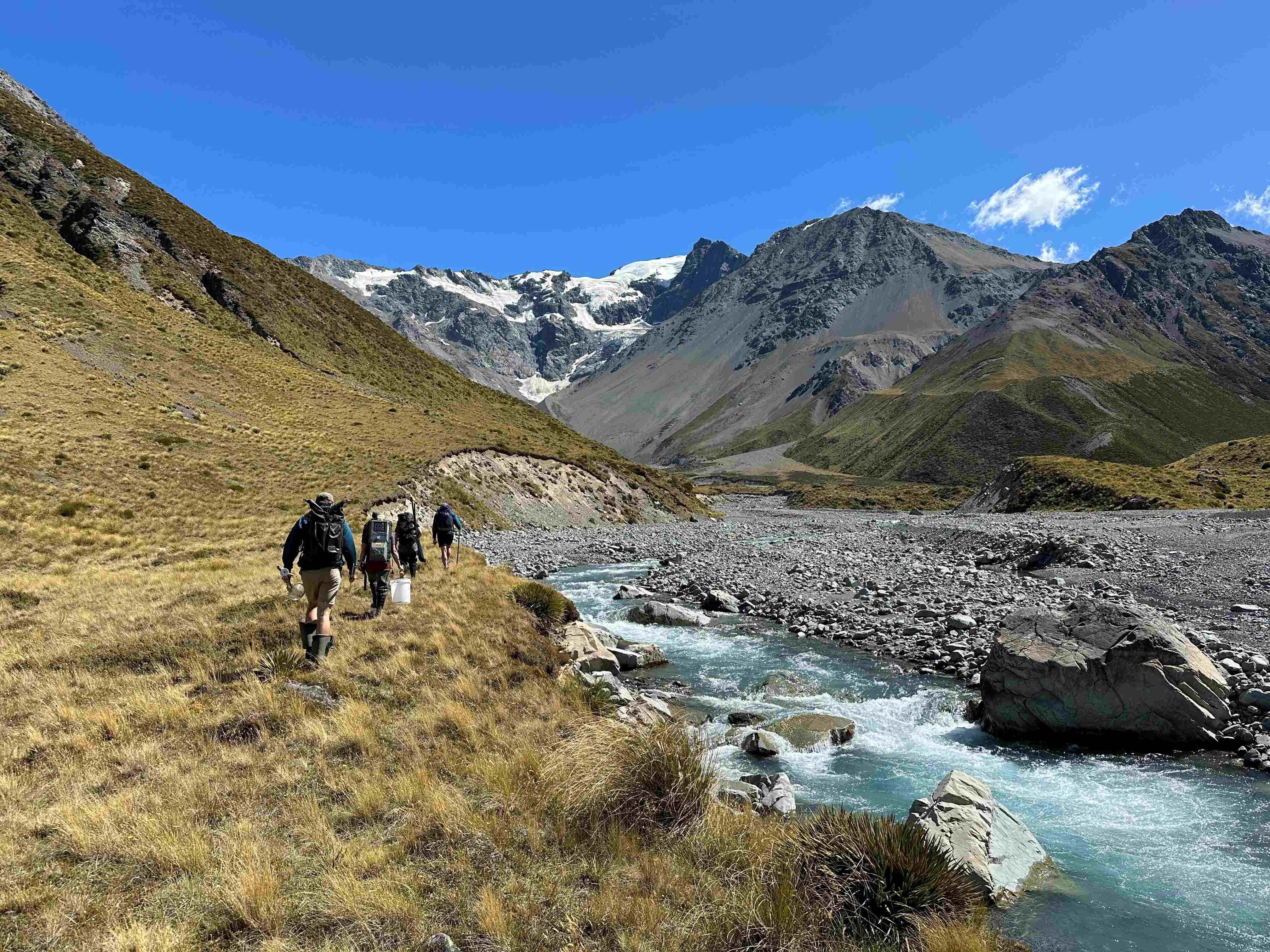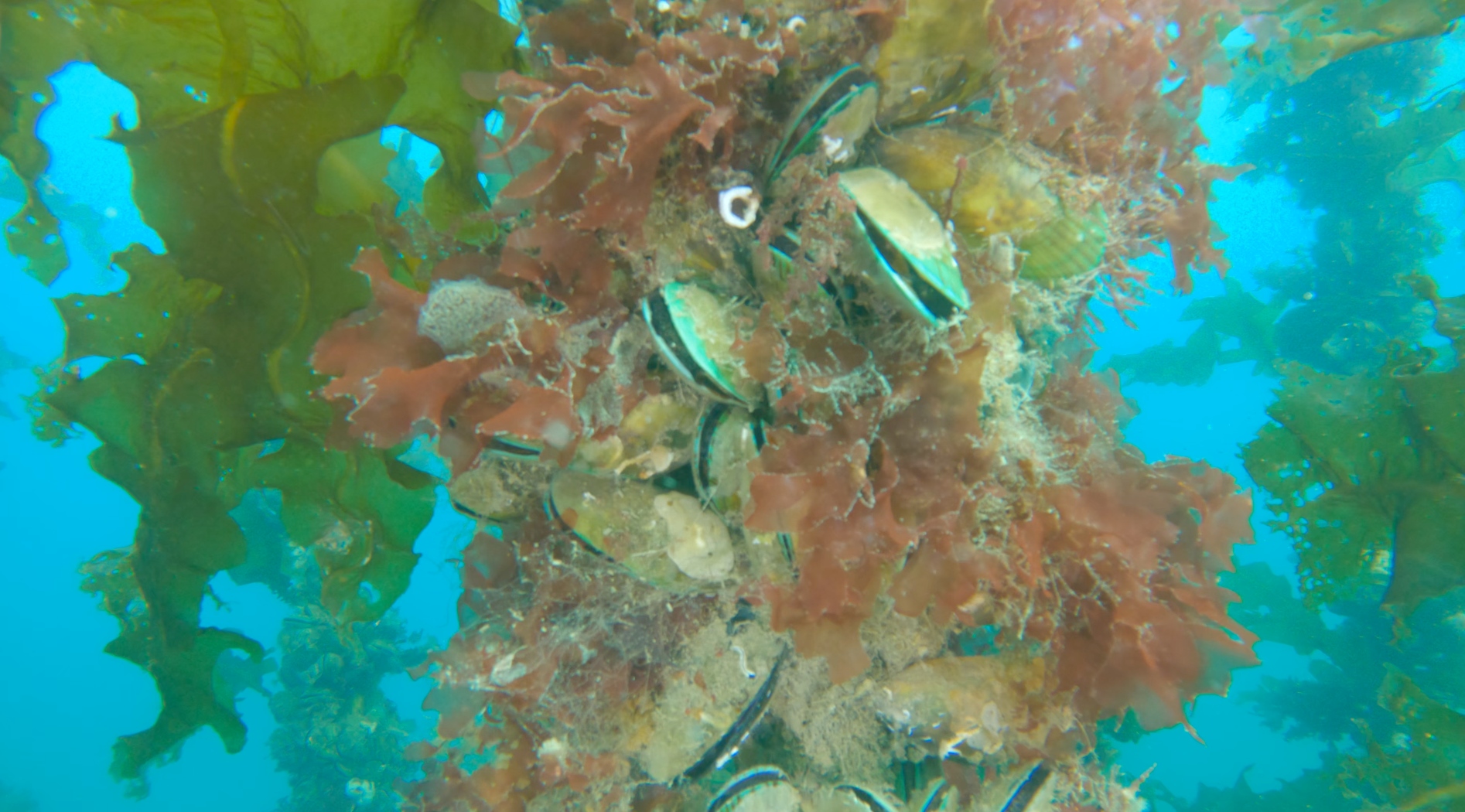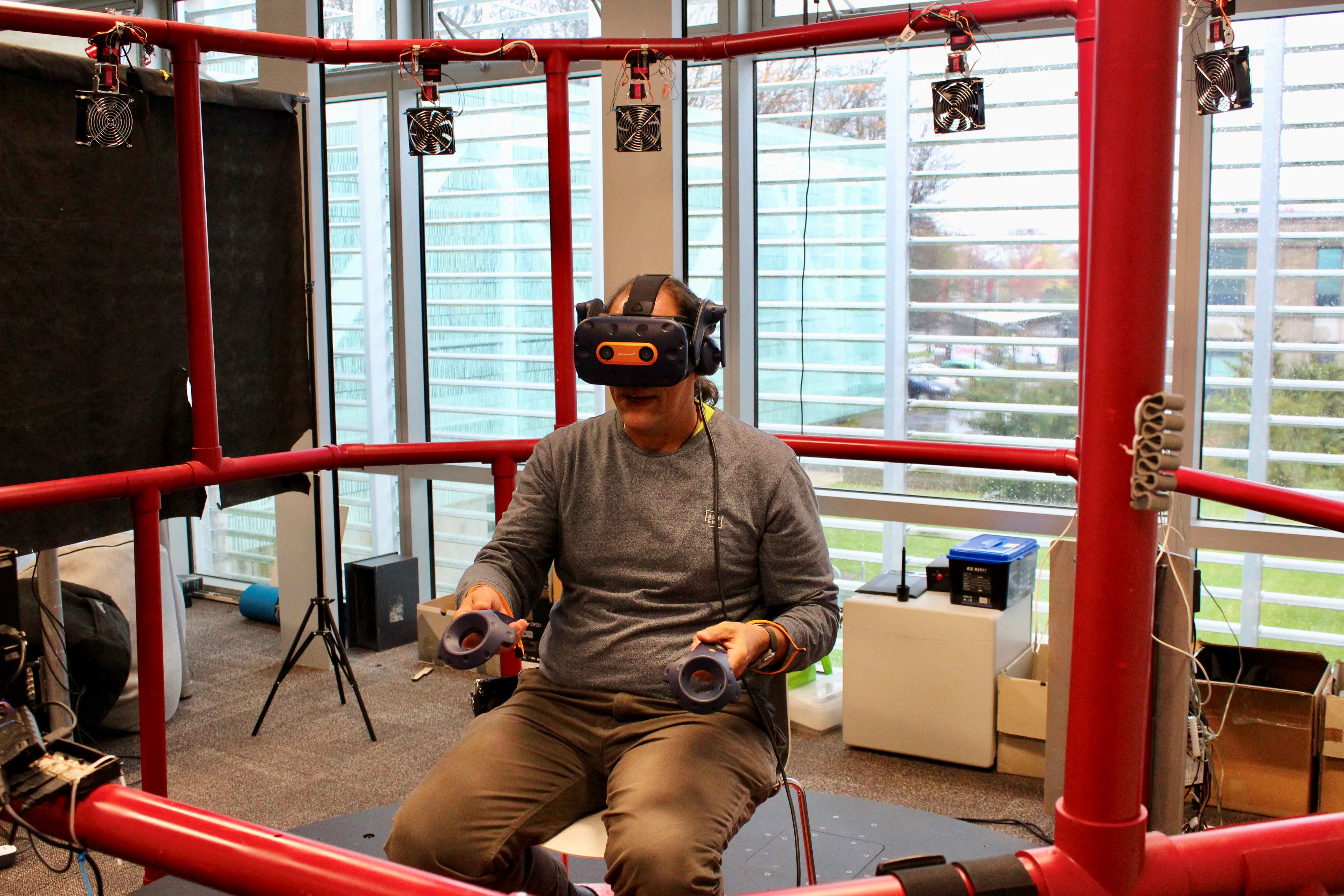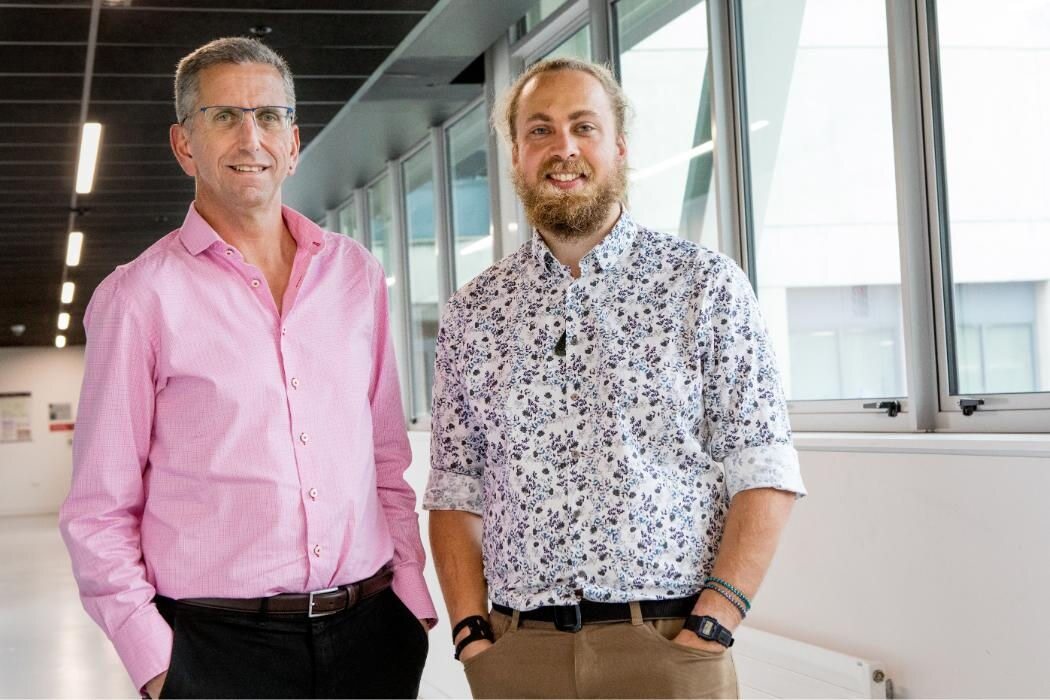Joanna Szczepanski, Canterbury Museum Associate Curator Human History, holds one of the 12,000 index cards from the Macdonald Dictionary.
A new crowdsourcing project aims to harness twenty-first-century technology to make the women of nineteenth-century Canterbury more visible in the history of the province.
The project, organised by Canterbury Museum and the University of Canterbury Digital Humanities programme, is looking for computer-savvy volunteers to tag names which appear in the G R Macdonald Dictionary of Canterbury Biography to make them computer-searchable.
The Macdonald Dictionary comprises more than 12,000 handwritten index cards of biographical information on 22,000 nineteenth-century Cantabrians.
Currently, the scanned index cards are available on the Museum’s website, but only the heads of each household, mainly men, are digitally searchable.
The project aims to tag and transcribe the hundreds or possibly thousands of other names mentioned in the biographies, including wives, children, business partners and occasionally neighbours.
Joanna Szczepanski, Canterbury Museum Associate Curator Human History, says one of the project’s major benefits is providing better access to information about the women of nineteenth-century Canterbury.
“Only 64 women have their own entries, mostly because they were high profile and had a public life, but many other women are hidden in their husband’s or father’s biography. This project will give them much more visibility in Canterbury’s historical record.”
The dictionary itself is the result of 12 years of labour by farmer, historian and Canterbury Museum volunteer George Ranald Macdonald (1891–1967).
From 1952 to 1964, Macdonald scoured newspapers and church registers and traipsed through cemeteries to read tombstones. He visited numerous libraries and archives and searched for information through his personal contacts as well as radio and newspaper advertisements.
The result is a resource that genealogists, family historians, students and academics have treasured for decades – and one that will become even more useful if the name-tagging project is a success.
The index cards have been uploaded onto the crowdsourcing platform Zooniverse where volunteers can tag and transcribe the names they see.
“Platforms like Zooniverse make it easy for anyone to contribute from anywhere in the world, in the comfort of their own home at any hour of the day,” says Dr Chris Thomson, a senior lecturer in Digital Humanities and member of the UC Arts Digital Lab, which set up the technical side of the project.
Volunteers just need to sign up for a free Zooniverse account, watch the tutorial and start tagging.
“It’s a relatively simple exercise, but I’m sure volunteers will find it fascinating, especially if they’re interested in family history and the history of Canterbury,” Thomson says.
https://www.zooniverse.org/projects/christopherthomson/macdonald-dictionary
Margaret Agnew, Senior External Relations Advisor, University of Canterbury
Phone: +64 3 369 3631 | Mobile: +64 27 254 3949 | margaret.agnew@canterbury.ac.nz
Tweet UC @UCNZ and follow UC on Facebook


